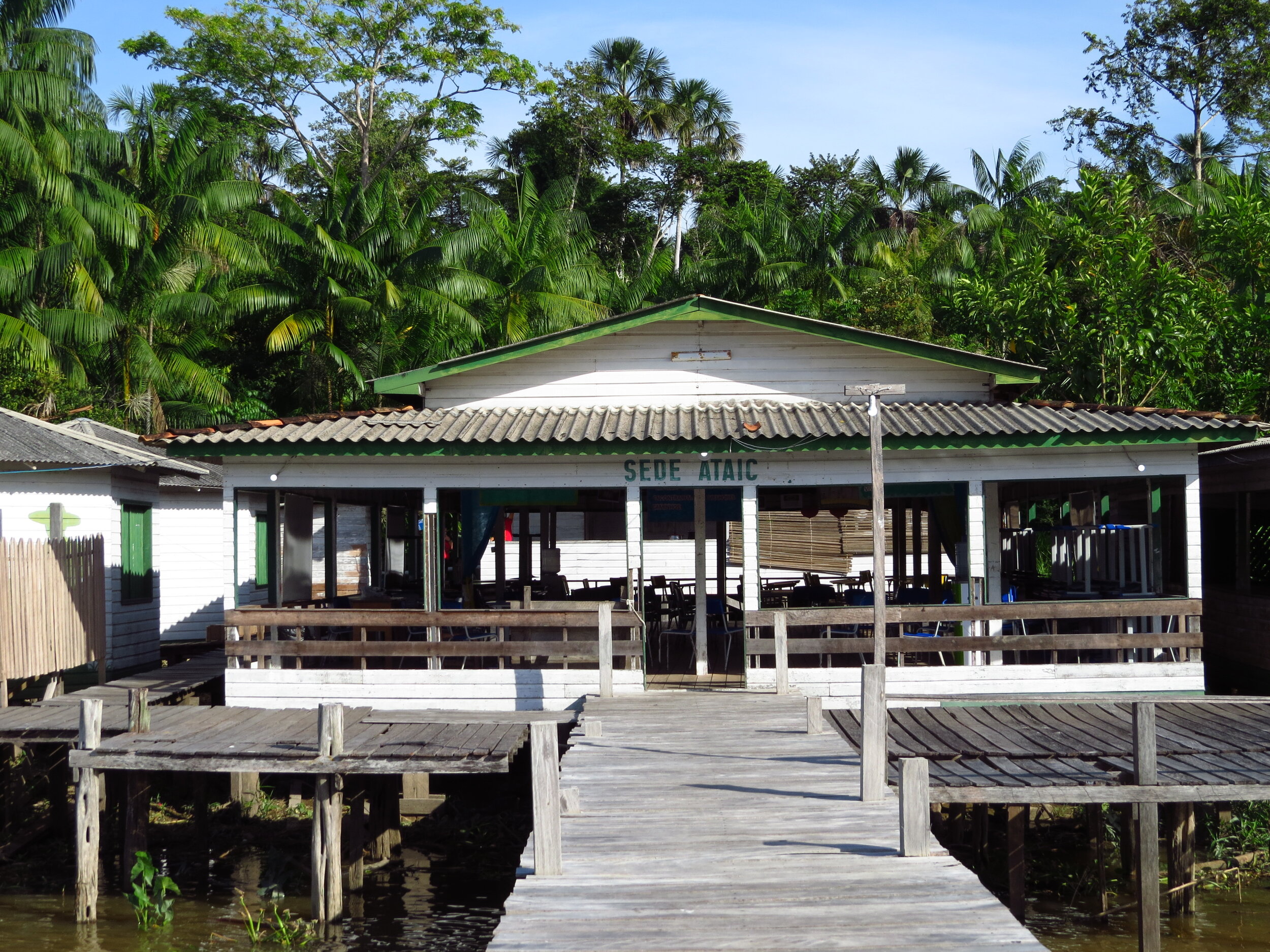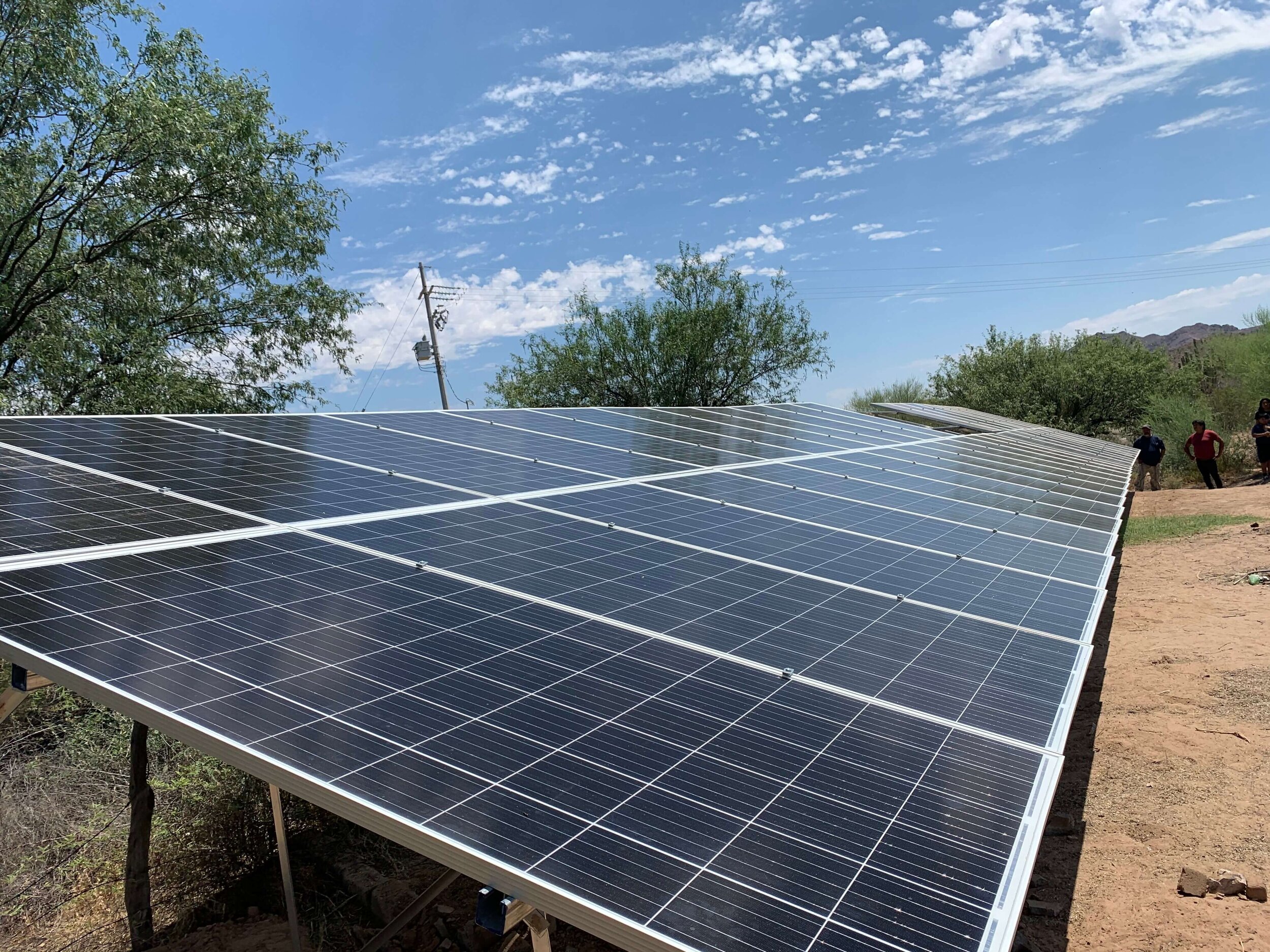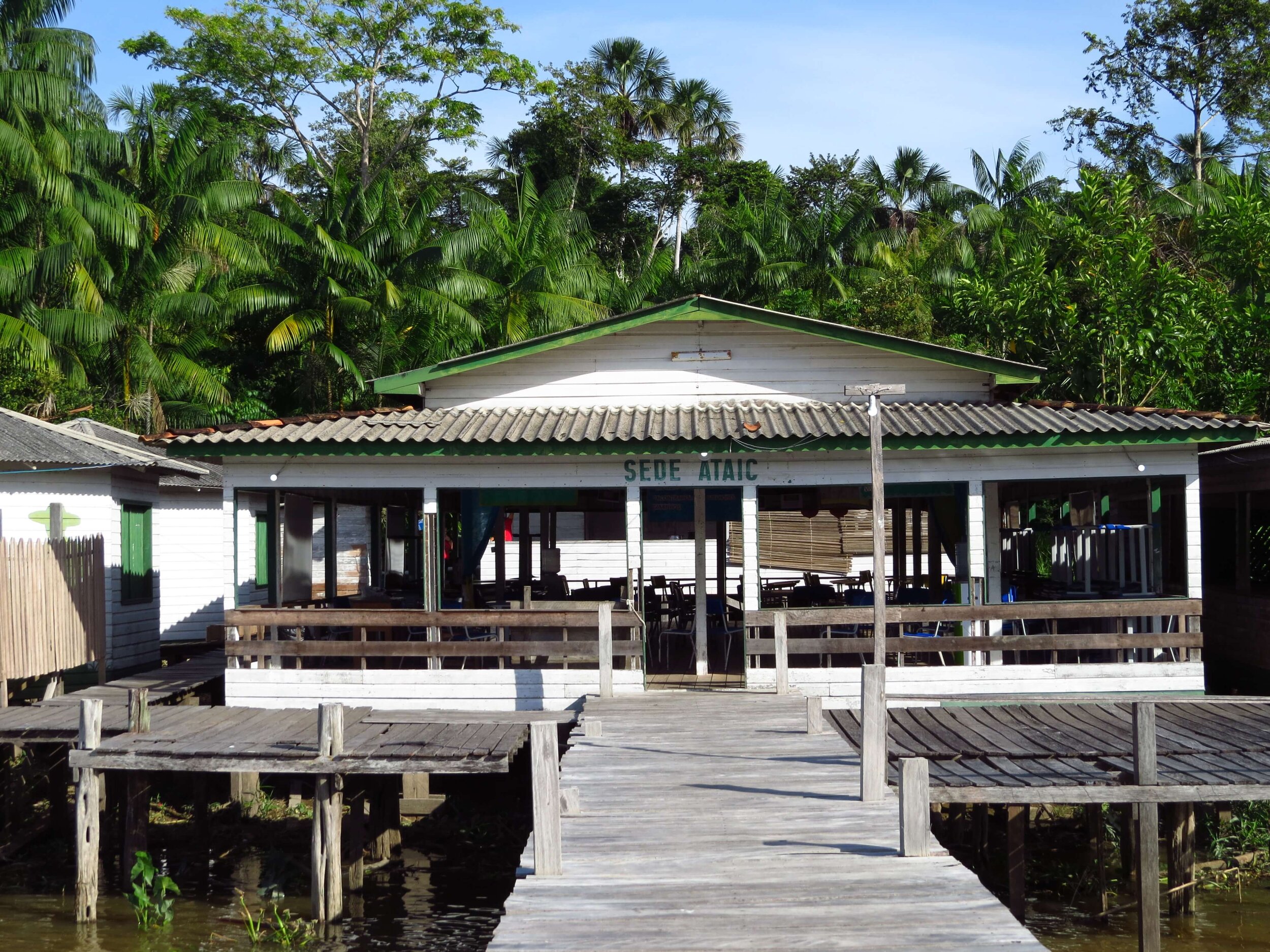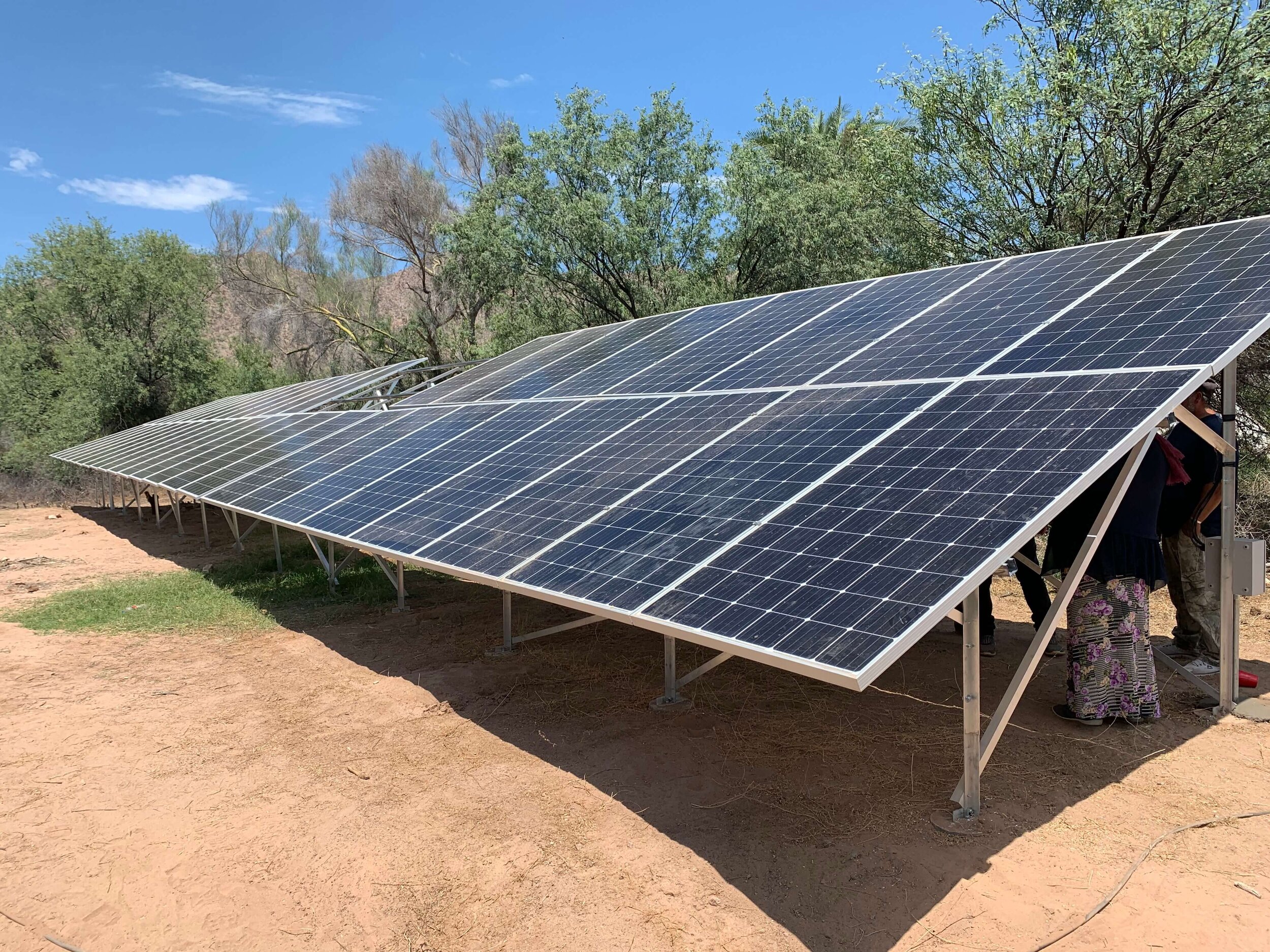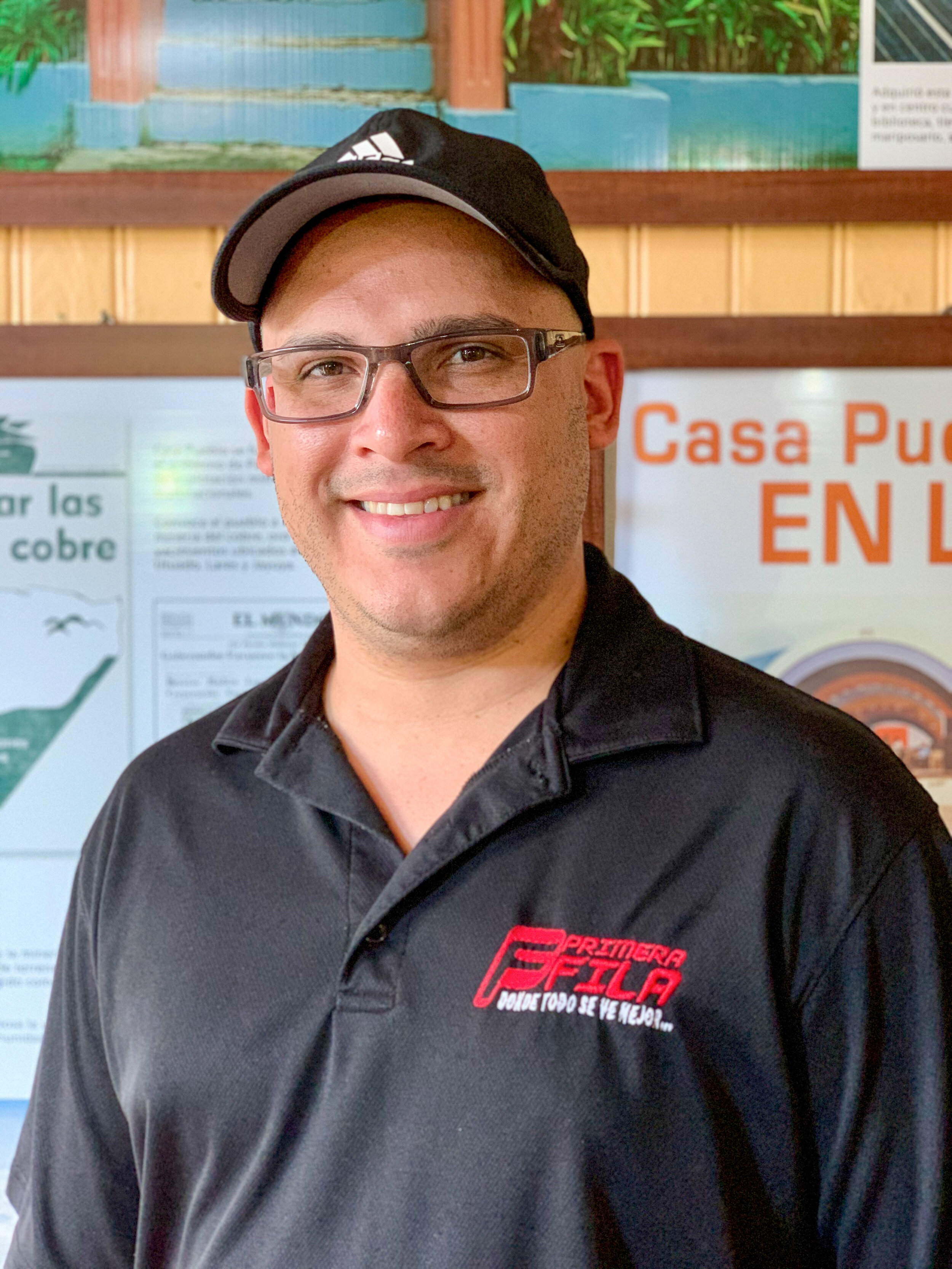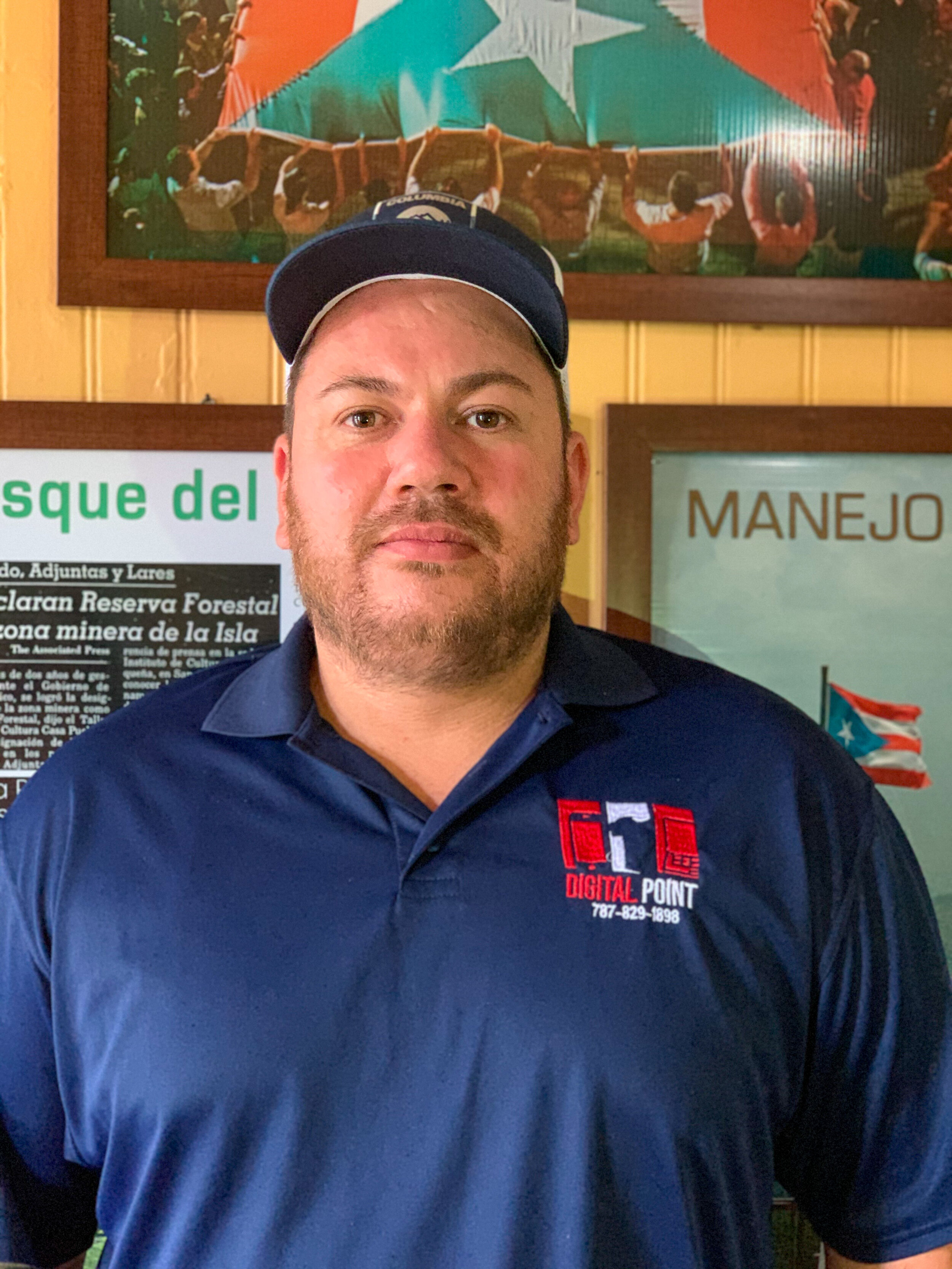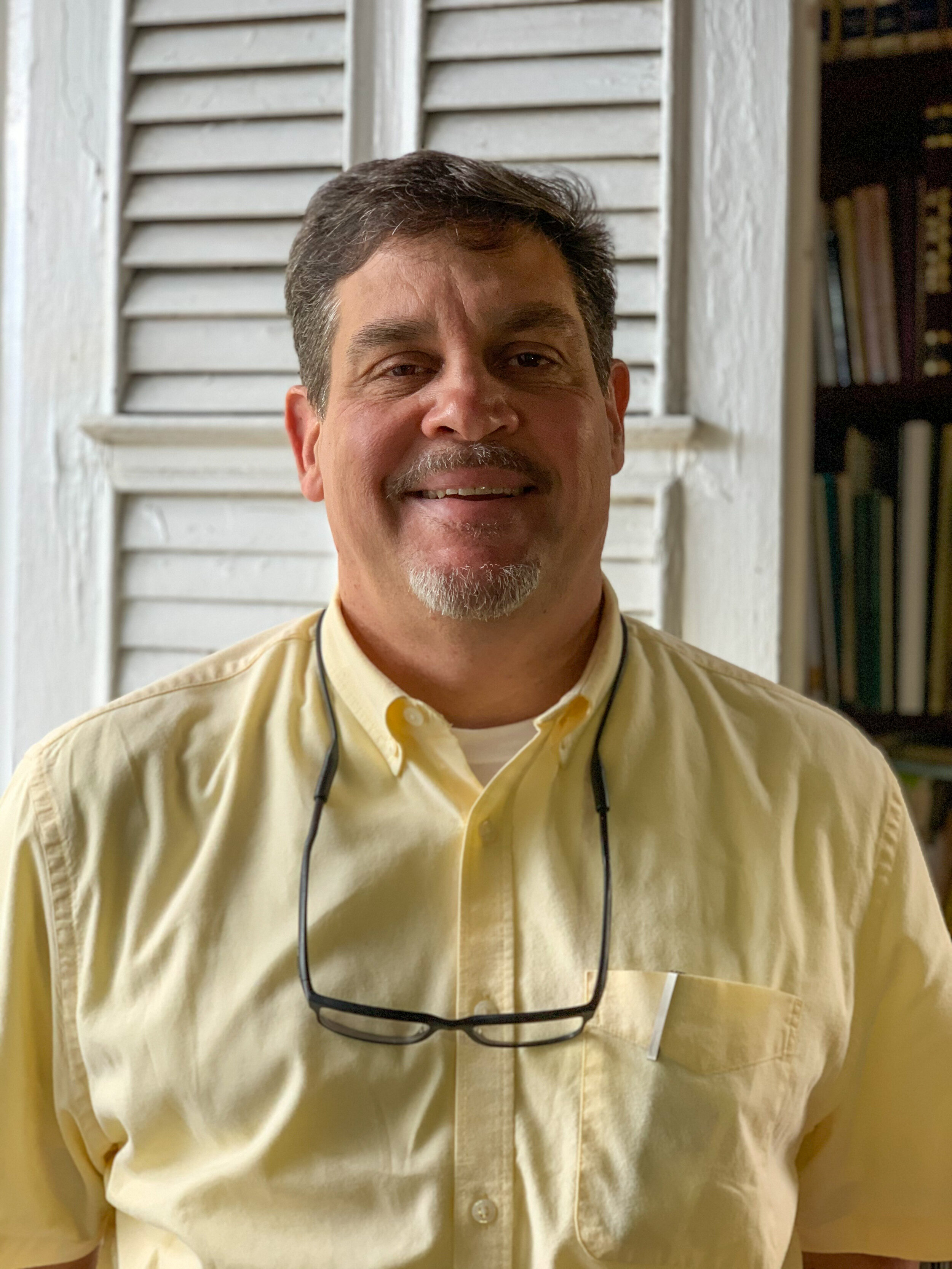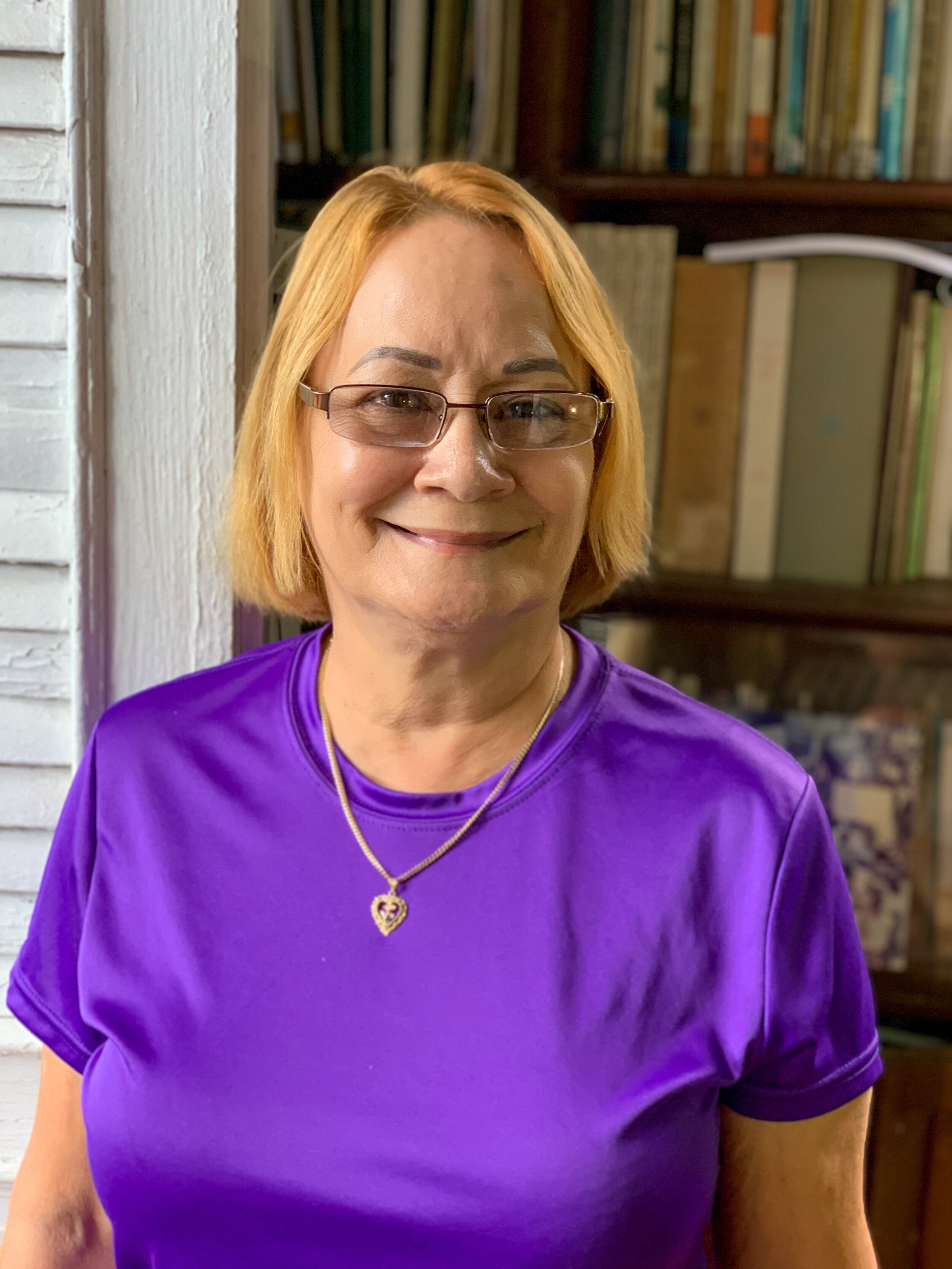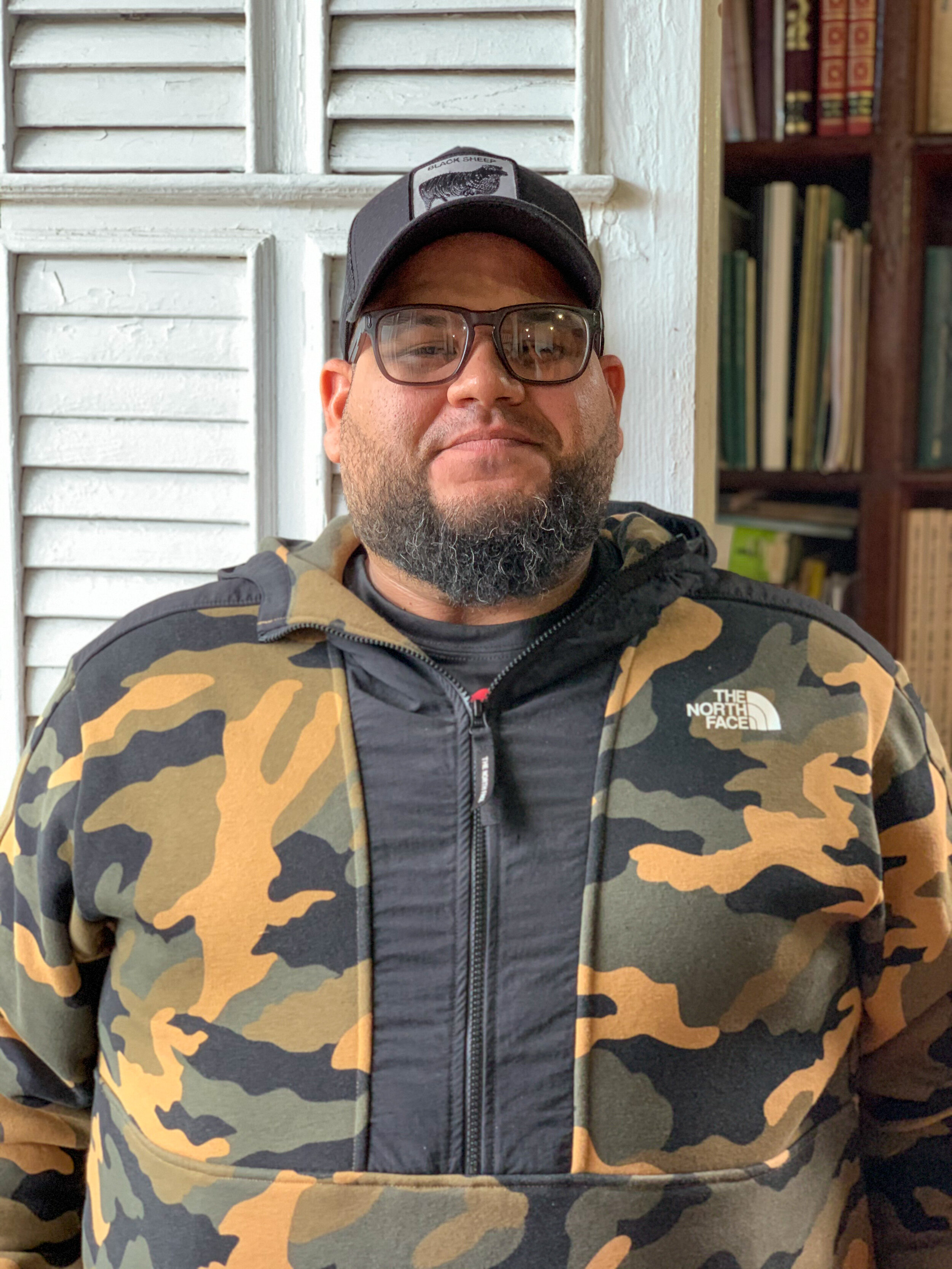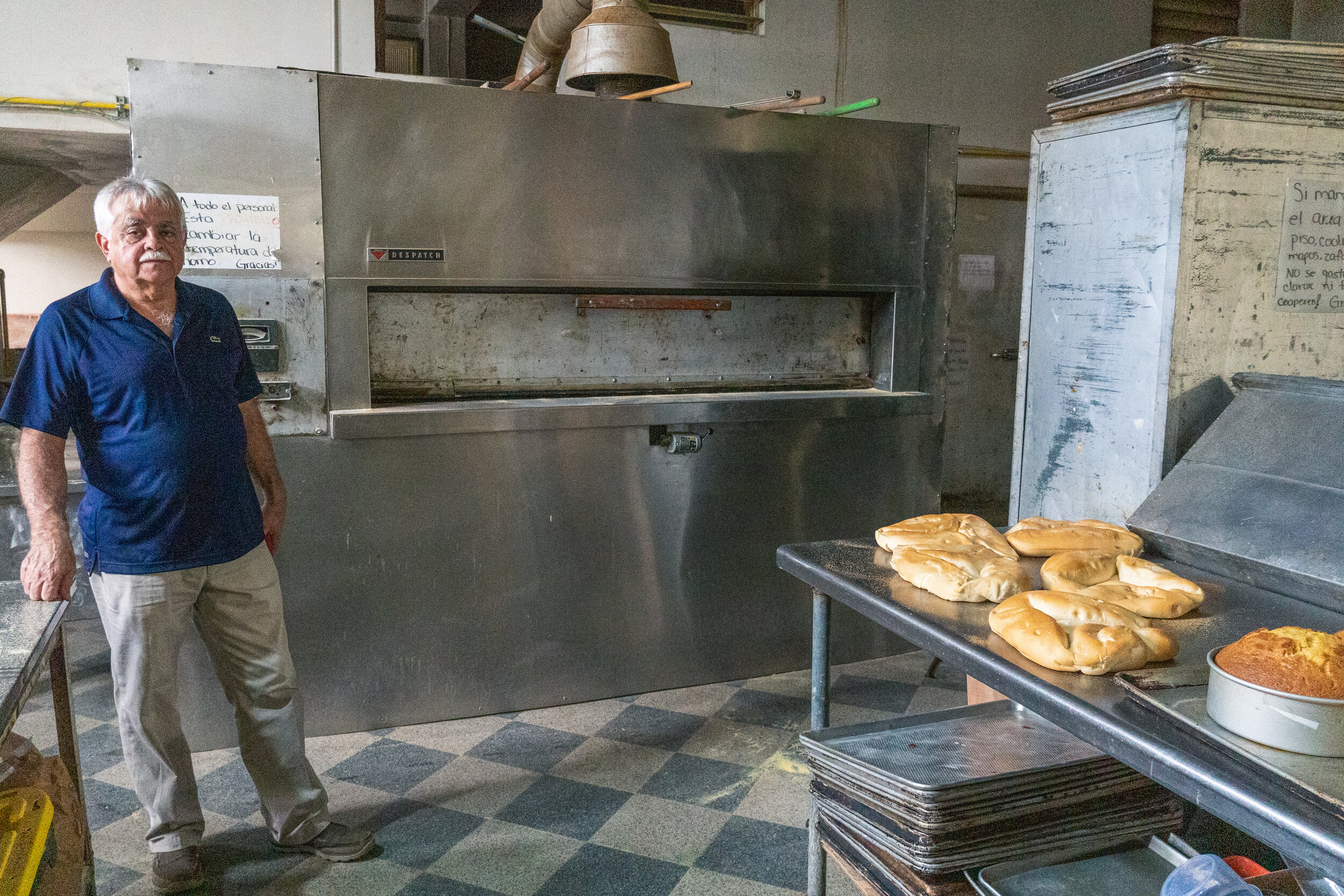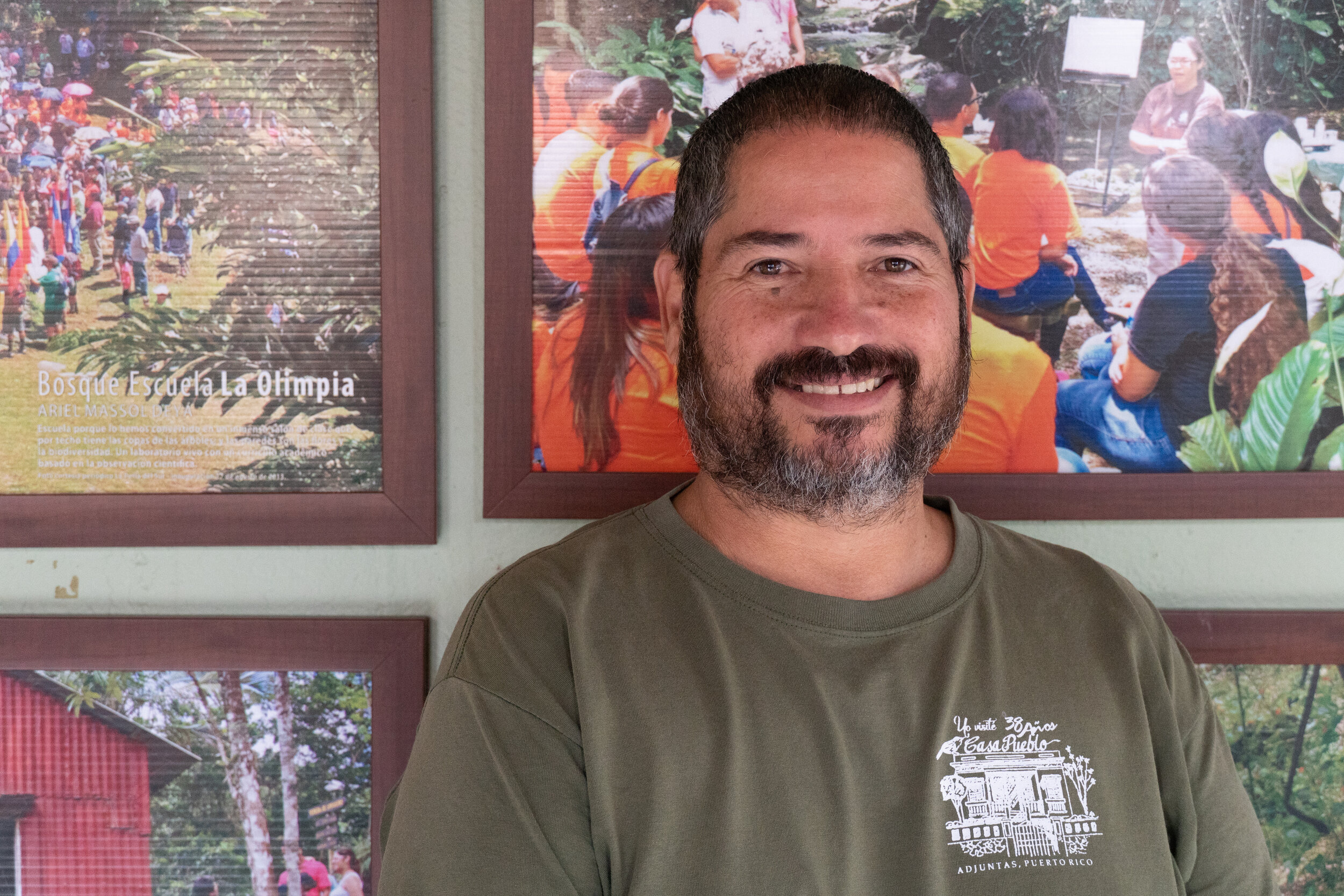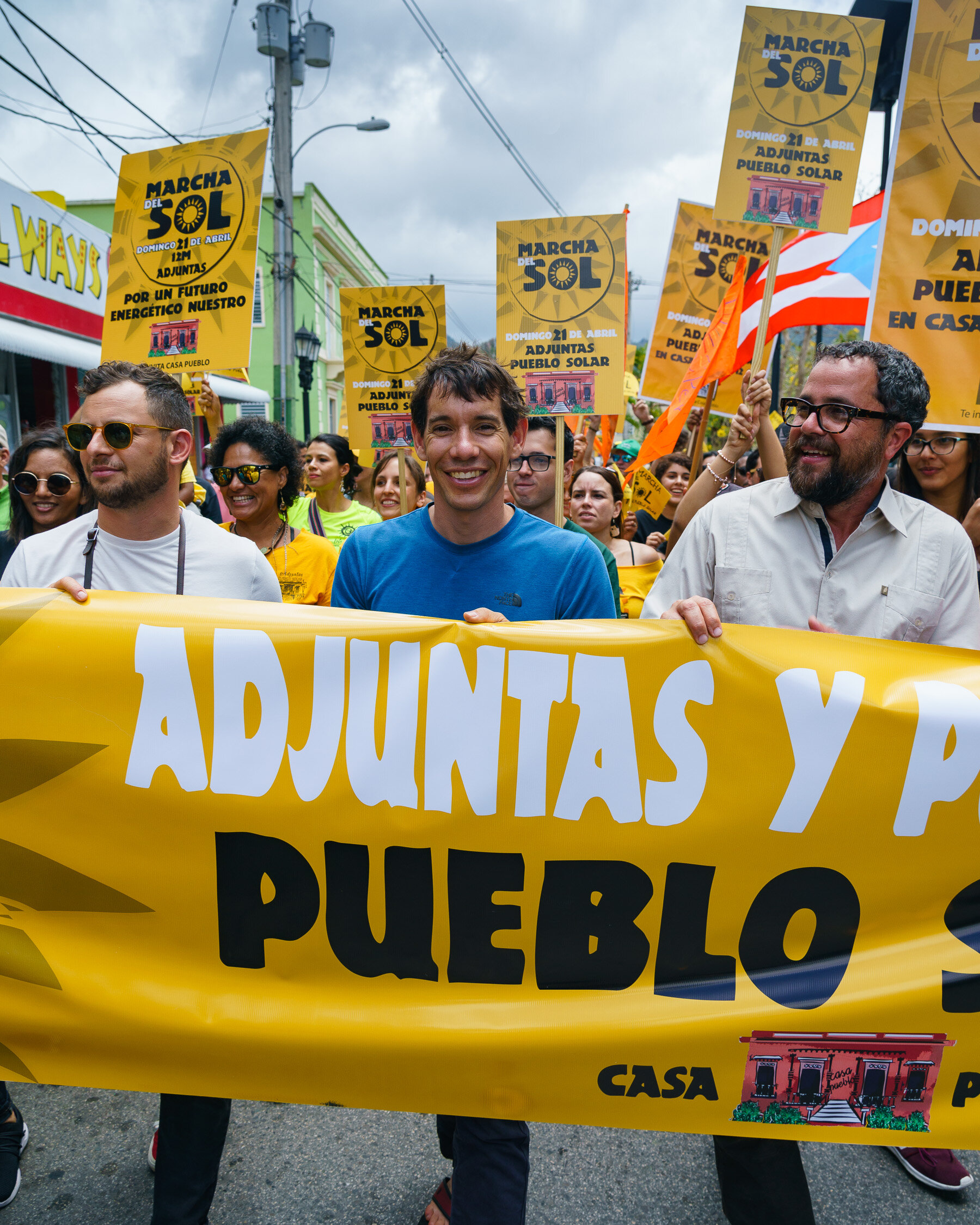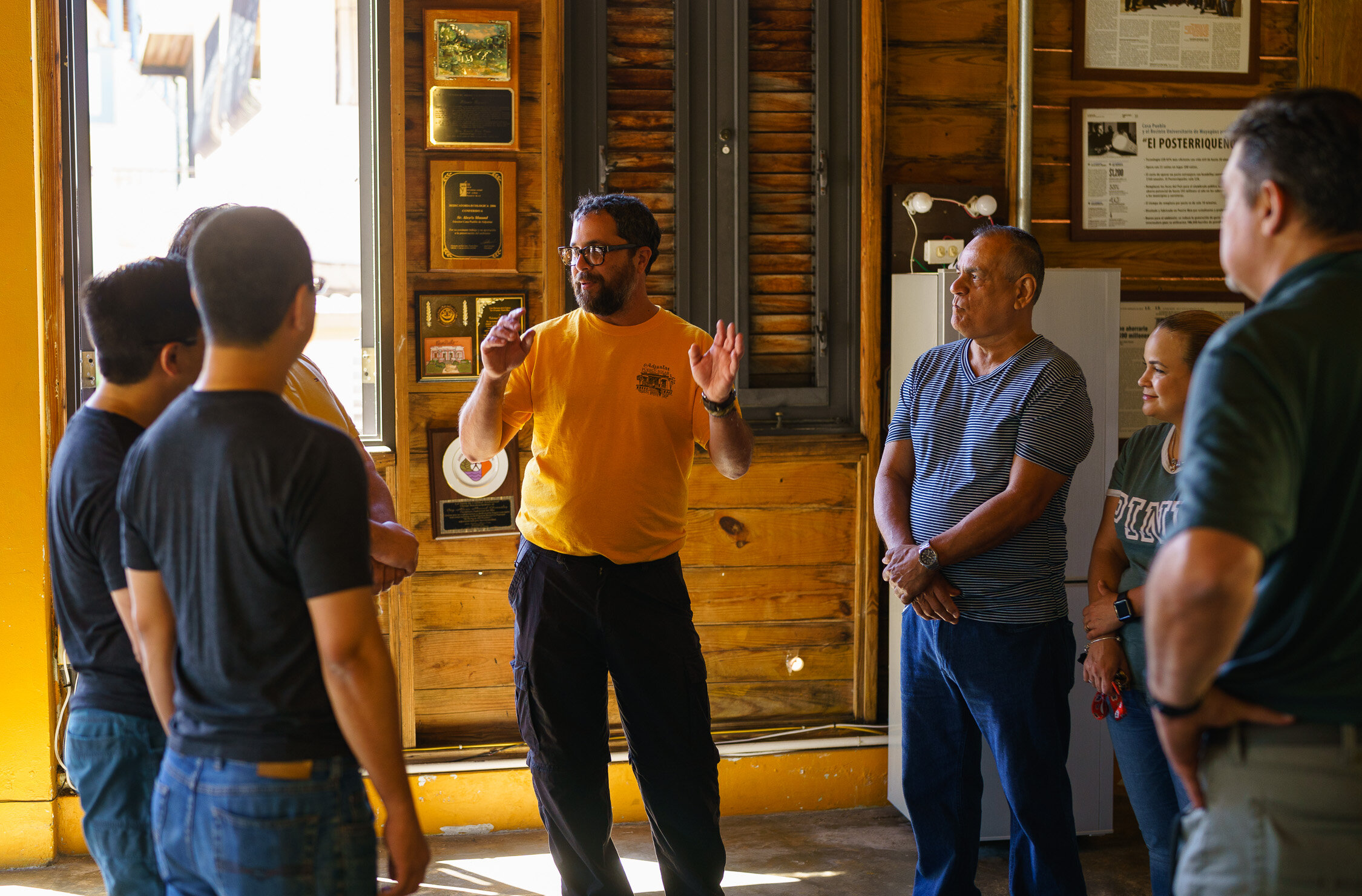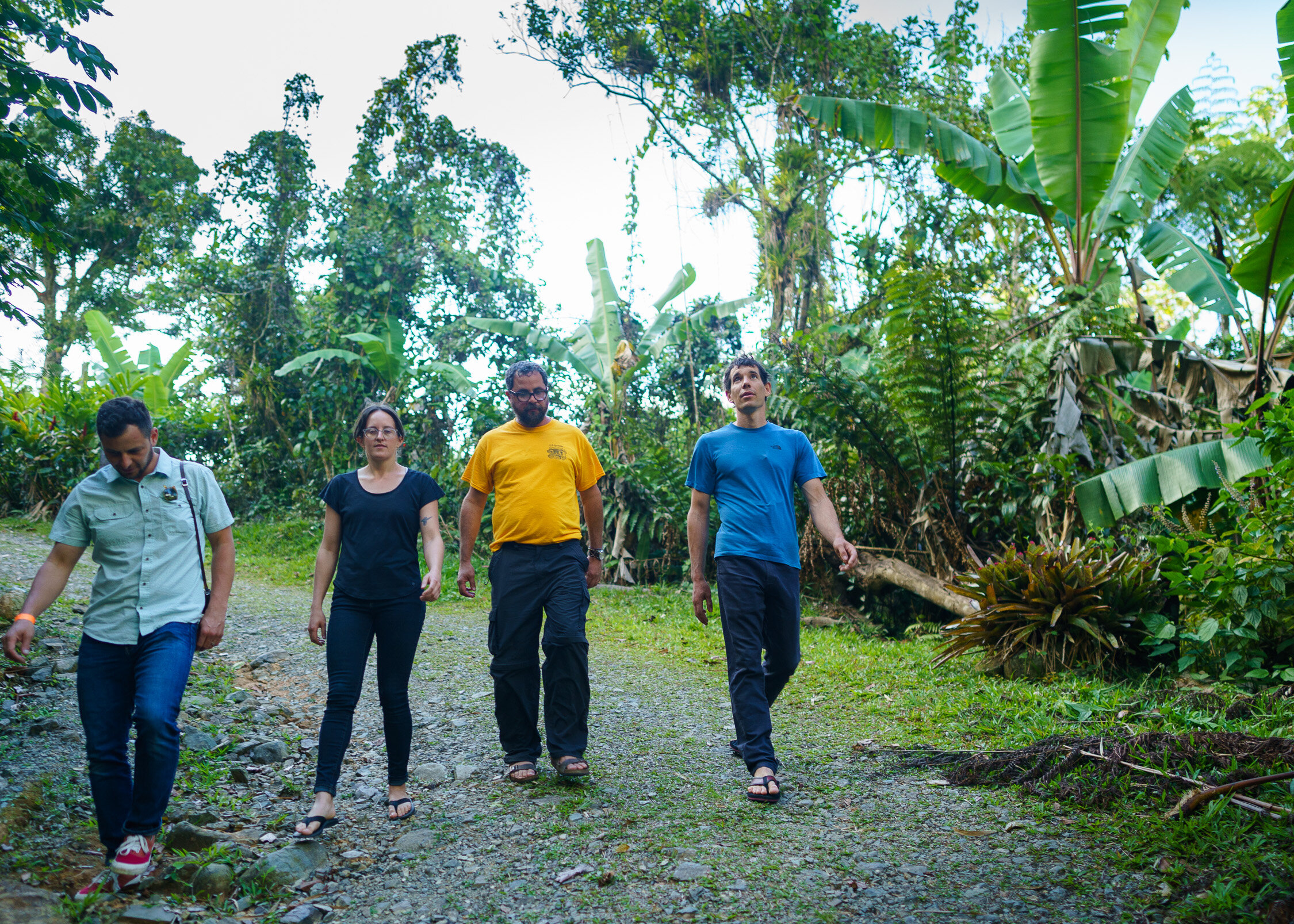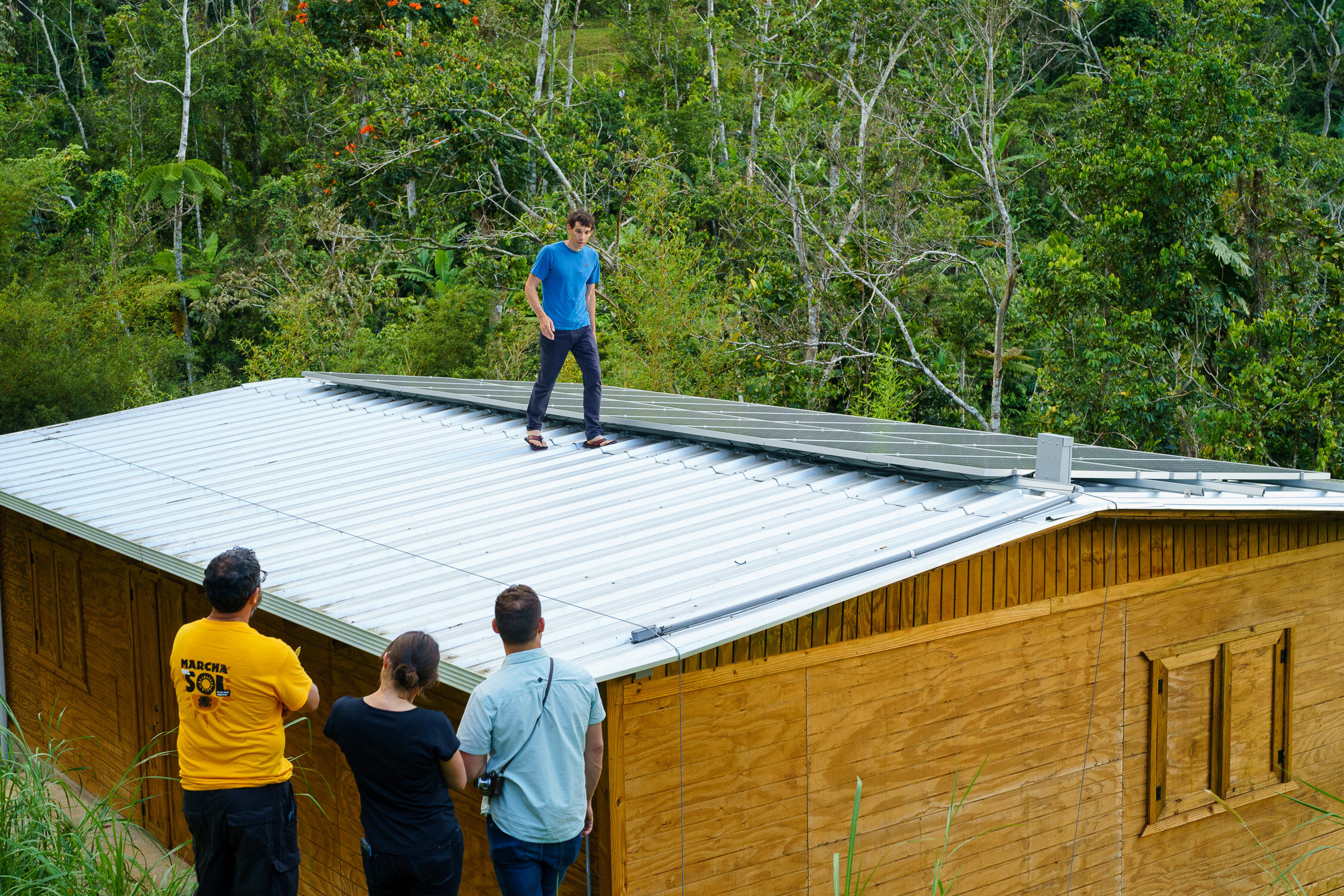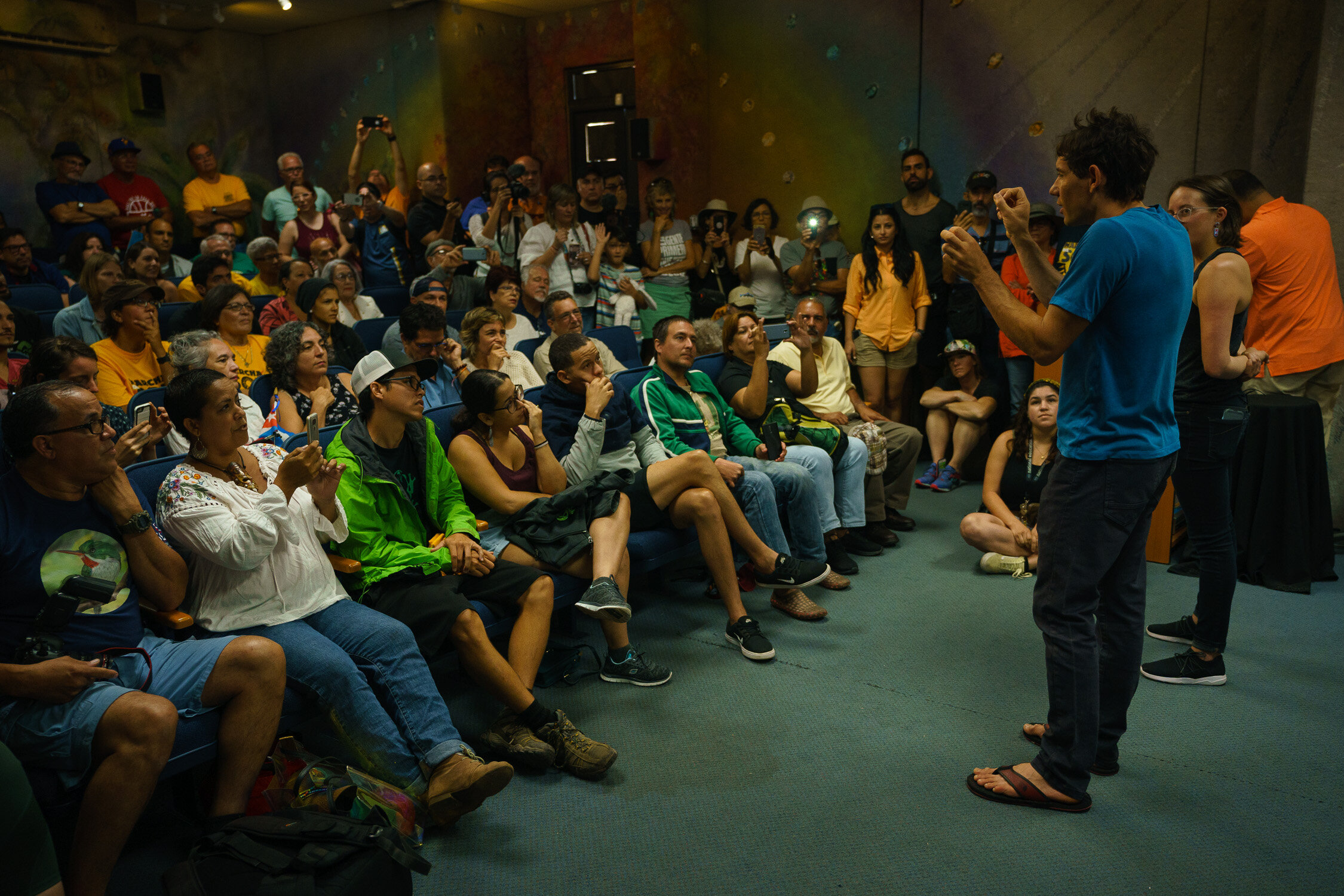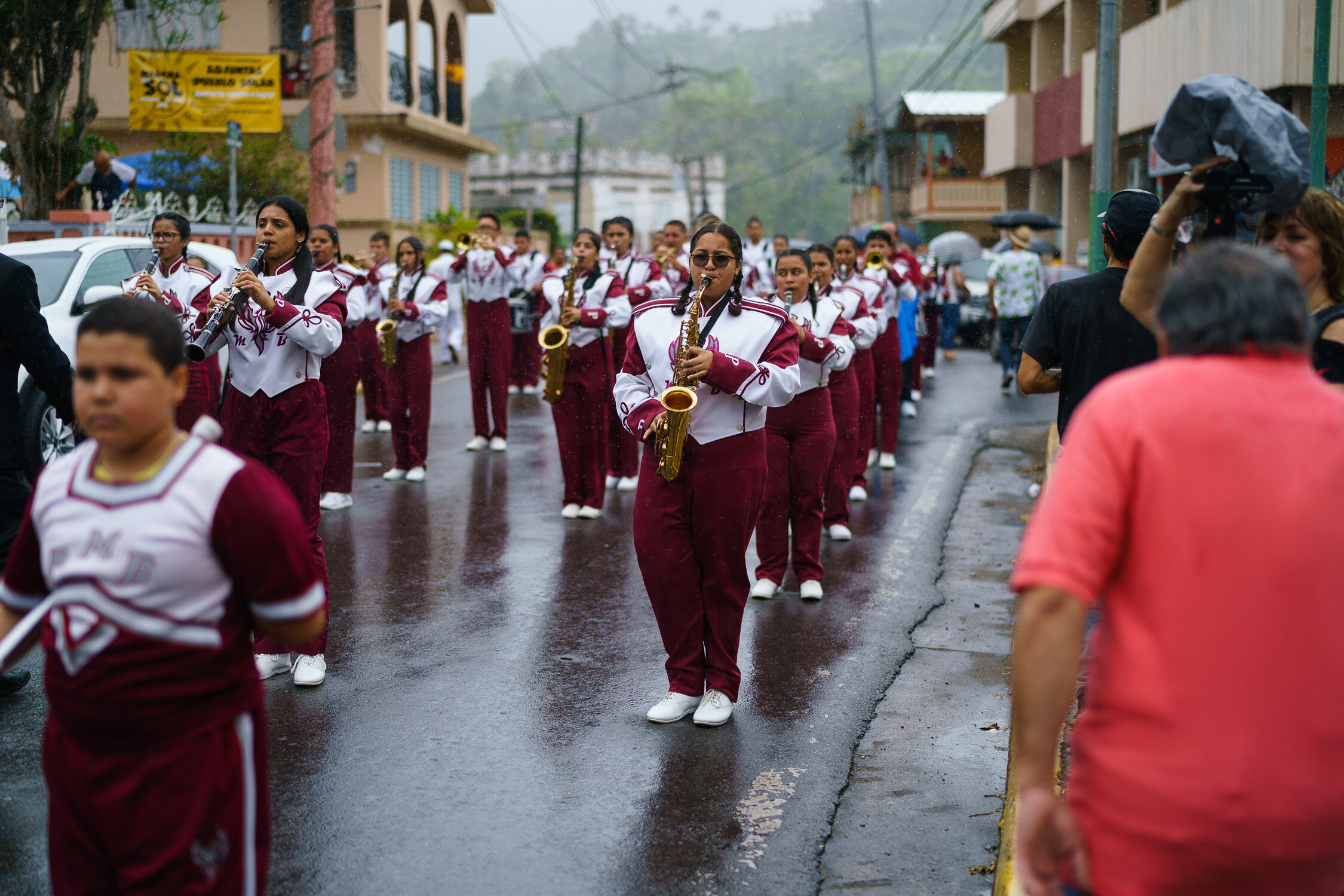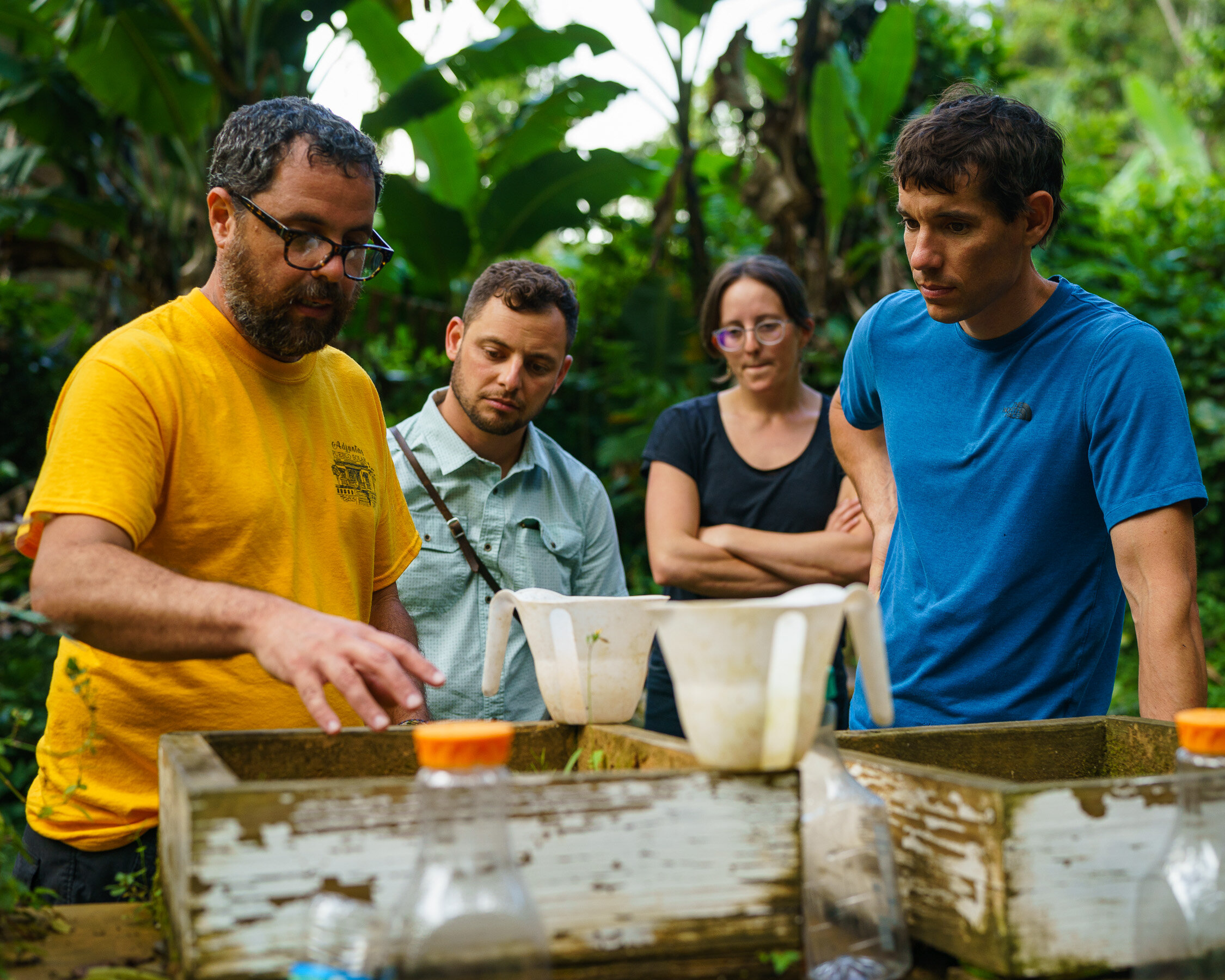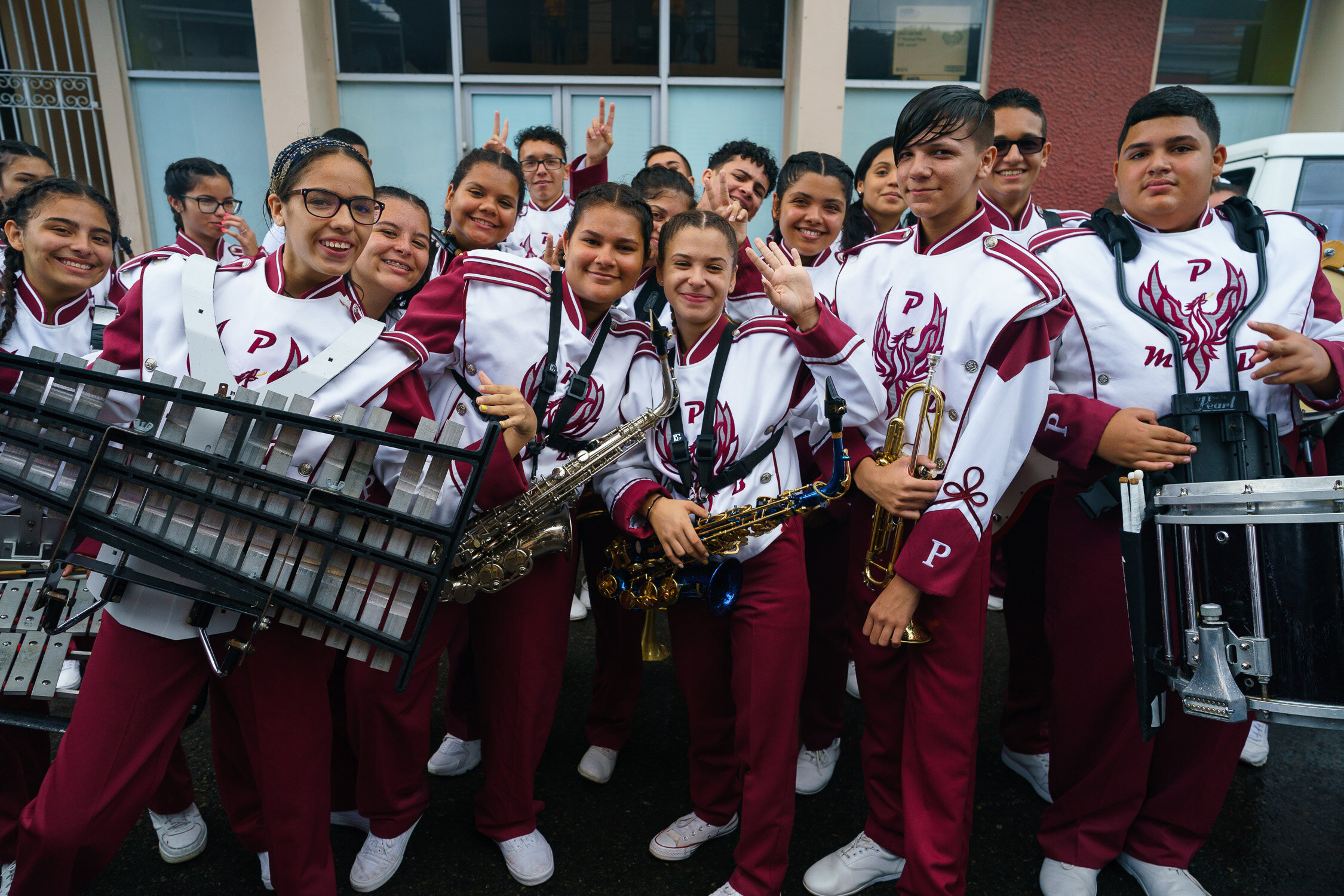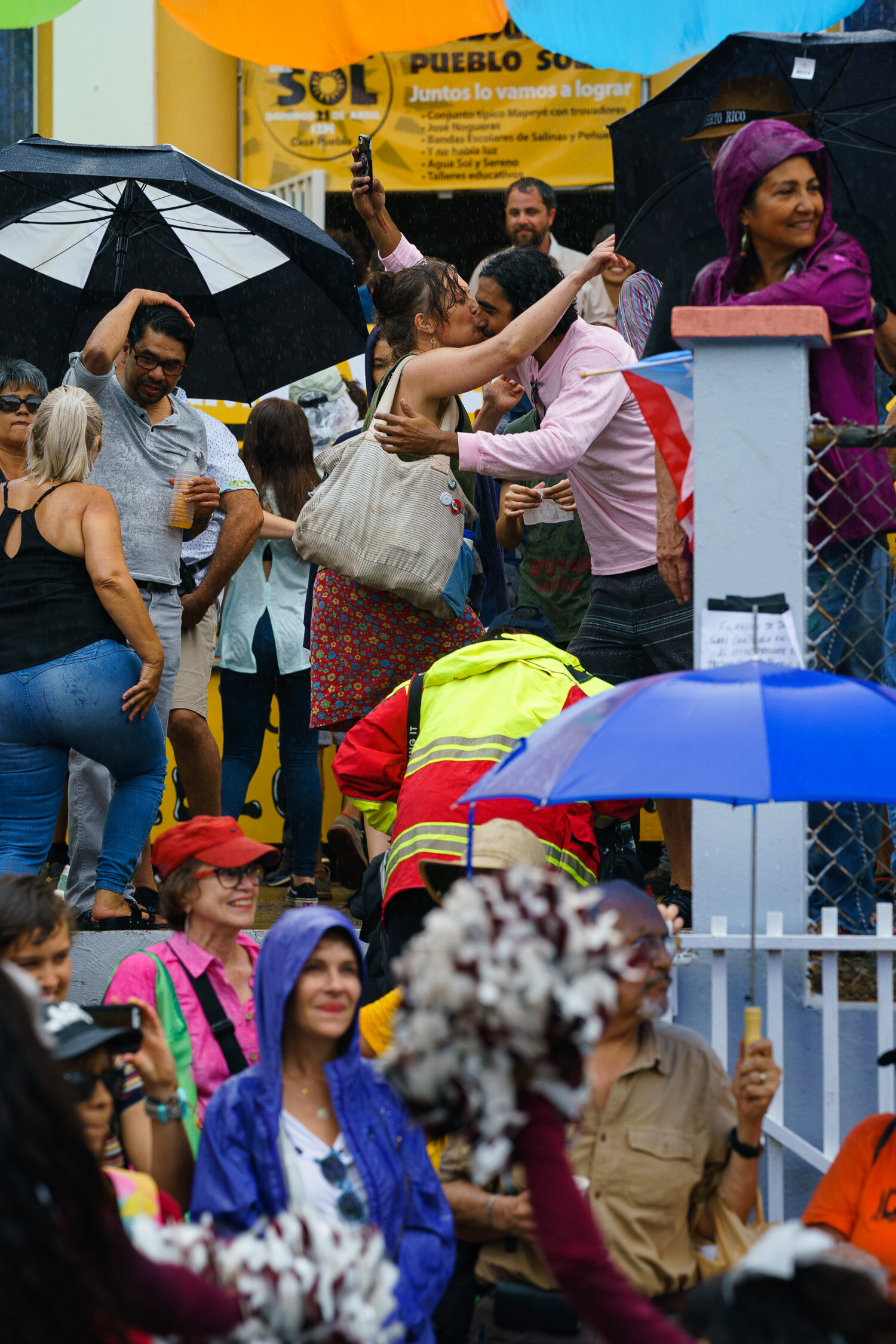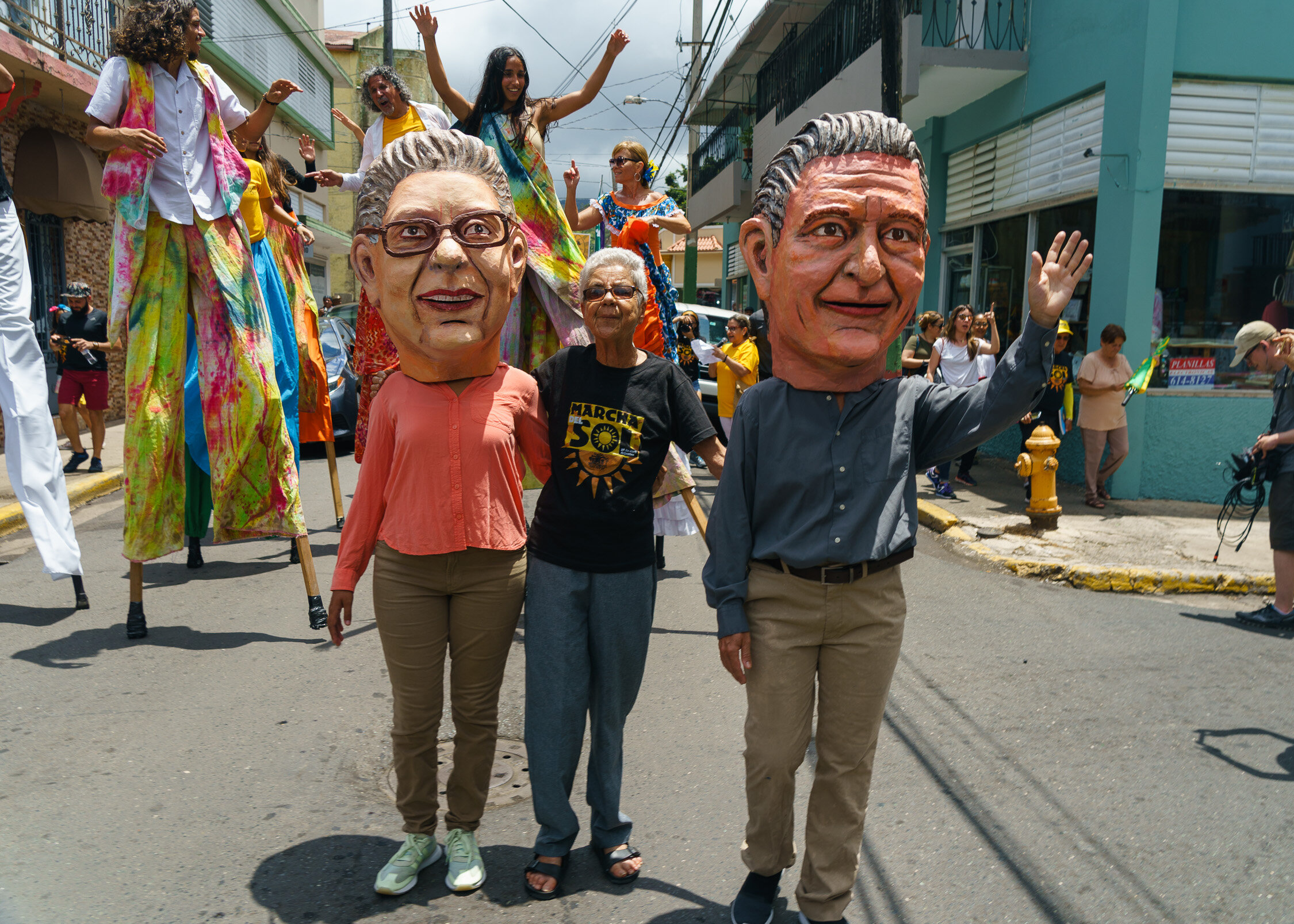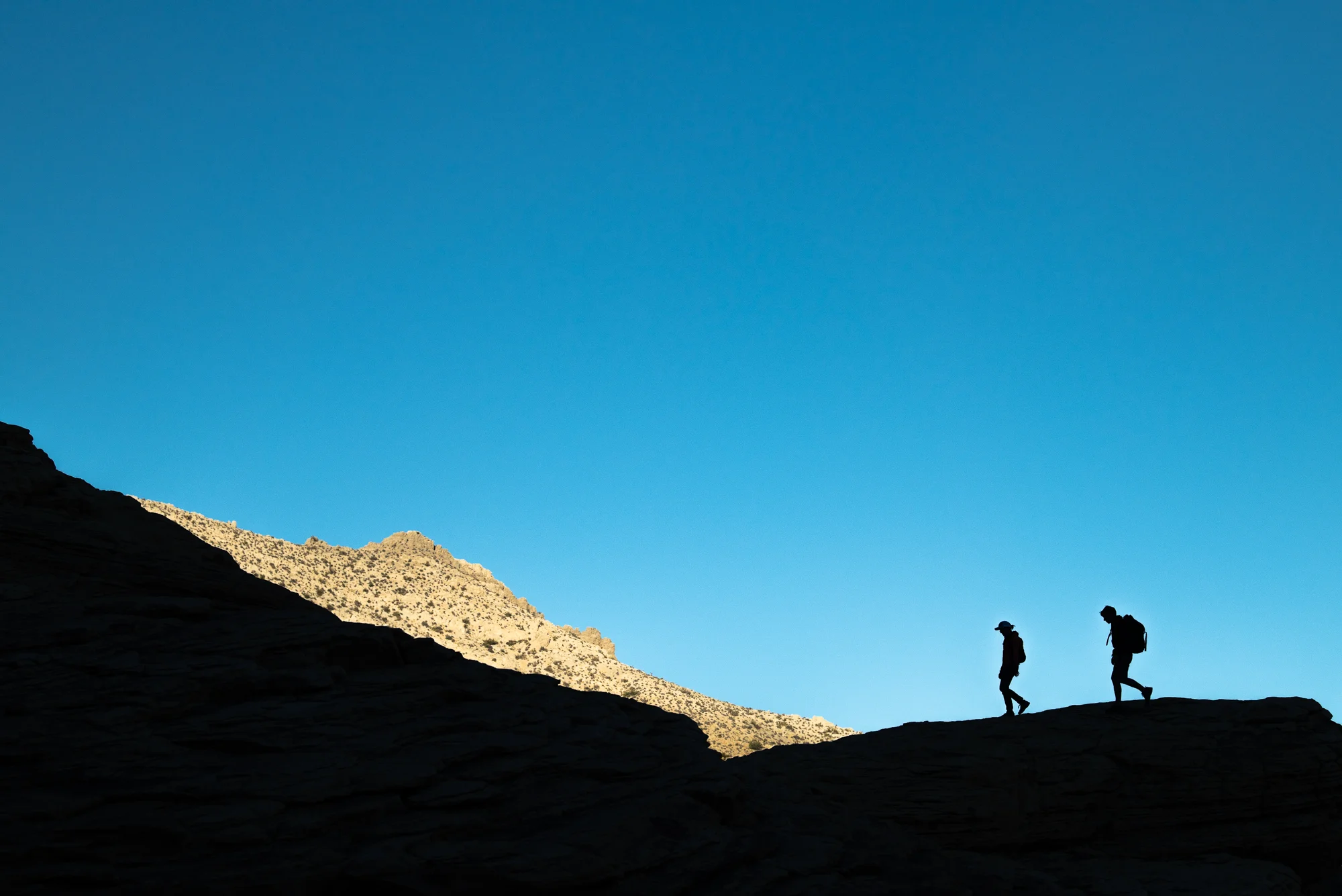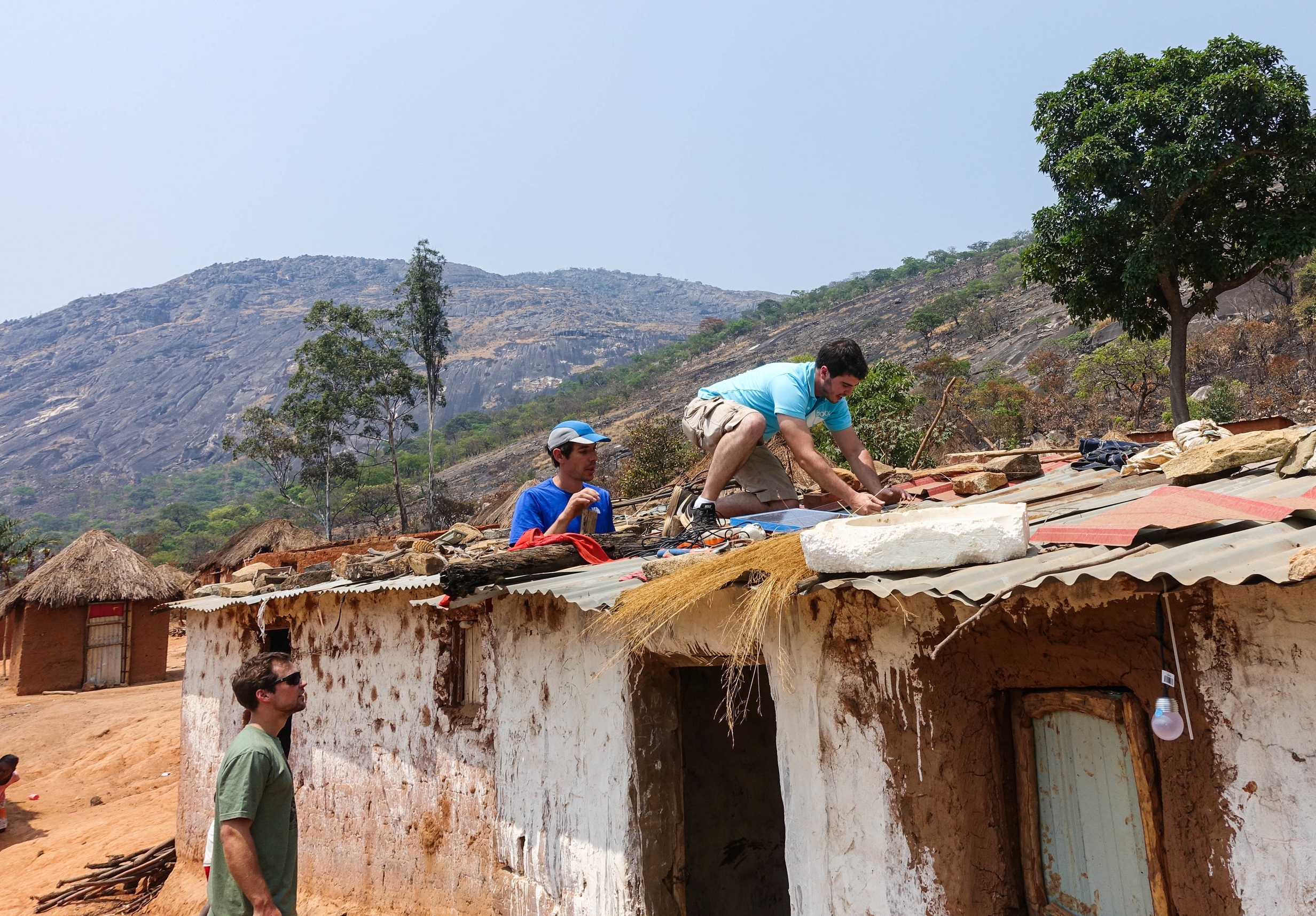“The reality is that in the United States, to focus on environmental issues like air quality and particulate pollution, is to focus on BIPOC communities.”
By Alex Honnold, Founder
I’m excited to announce the launch of a new program at the Honnold Foundation: the Community Fund. In partnership with Sunrun, the Community Fund will provide solar to domestic nonprofits with BIPOC (Black, Indigenous and People of Color) leadership. It will be a simple but meaningful way to reduce those nonprofits’ overhead (by lowering their utility bills) and allow them to spend more on their core missions. It’s our goal to help these organizations have a bigger impact in their local communities in an environmentally friendly way.
I started the Honnold Foundation in 2012 with the broad idea that I should try to do something useful in the world that benefited the environment. But I also realized that there was no reason to support environmental projects that didn’t also improve human lives. The truth is, there’s no shortage of projects that easily benefit both people and the planet.
This summer, in the midst of the Black Lives Matter protests sweeping the nation, I came up with the idea to put solar on nonprofits, an idea that blossomed into our new Community Fund. We already have a history of funding and supporting projects involving schools and education, because it feels like such a clear win to use renewable energy to help facilitate already meaningful work. Solar for nonprofits seemed like an extension of the same idea: they’re already working to improve their communities, we’re just using solar to help them do that job better.
At first I was hesitant to focus our new Community Fund specifically on BIPOC-led organizations because I’ve always preferred to focus on environmental issues. But the reality is that in the United States, to focus on environmental issues like air quality and particulate pollution, is to focus on BIPOC communities. In Detroit, years of racist policies and poor environmental oversight have left residents with the highest childhood asthma rates in the country, and dramatically increased rates of chronic health issues in children and adults. And in Baltimore, predominantly Black neighborhoods experience higher rates of heart disease, lung cancer, and other diseases linked to air pollution than the rest of the city.
The Community Fund is rooted in a simple idea: use renewable energy to help nonprofits in pollution-impacted places do more of their positive work. All of us must transition to renewables like solar in the near future if we’re going to avoid the most catastrophic effects of climate change. I believe we might as well start that transition by providing solar to the nonprofits that are already making a big local impact in the places that need it the most.
We’re delighted to be collaborating with Sunrun, the nation’s leading residential solar installer, to launch this first cycle of Community Fund applications, and are looking forward to supporting BIPOC-led nonprofits in the United States to advance their work. To learn more about the Community Fund and how to apply, click here.





